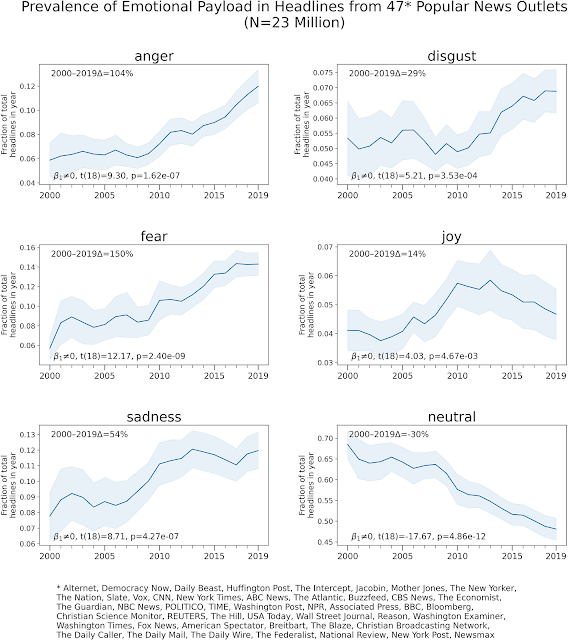Auto-motivation and professional success
A very interesting paper (or here) by Carmit Segal shows that one of the
best predictors of professional success is intrinsic motivation (auto-motivation) in absence of incentive.
Dr. Segal compared standardized
tests taken by university students to their professional careers several years
later. To make the correlation meaningful, those tests had to be, firstly, unincentivized
(to measure auto-motivation) and, secondly, not linked to knowledge (to rule
out any potential IQ effect).
First, in order to rule
out incentives, tests needed to be unrewarded or unbinding on university marks:
“Classical economic
theory predicts that if an action, like taking a standardized test, requires effort,
then without performance-based incentives individuals will invest the lowest
effort possible in performing the action. Therefore, one might expect that
scores on low-stakes tests (tests administered without performance-based
incentives) would be uninformative about an individual’s
cognitive ability, and thus that low-stakes tests scores would be uncorrelated
with test-takers’future economic outcomes.”
Secondly, in order to rule
out IQ effects, tests had to be easy.
“Ideally, to investigate
whether test-takers differ in their intrinsic motivation to take a test, we
would like to find a test such that all test-takers have the knowledge
necessary to correctly answer all questions if they so desire. The coding speed
test seems a likely candidate to fulfill this requirement. It seems likely that
everyone who knows how to read has the knowledge to correctly answer questions
on the test. Therefore, due to its simplicity, speed becomes a good dummy of intrinsic
motivation”
Results of the
comparison were clear: “nearly all researchers find strong positive correlations
between high scores on unincentivized tests and future labor market success.” The
paper suggests that those unincentivized scores capture intrinsic motivation.
Moreover, it suggests that intrinsic motivation is associated with favorable
personality traits, such as conscientiousness, which lead test-takers to put
effort into low-stakes tests and to future labor market success.
A good explanation might be that adult labour markets are often uncertain about
rewards and therefore auto-motivation must play a key role.



Comments